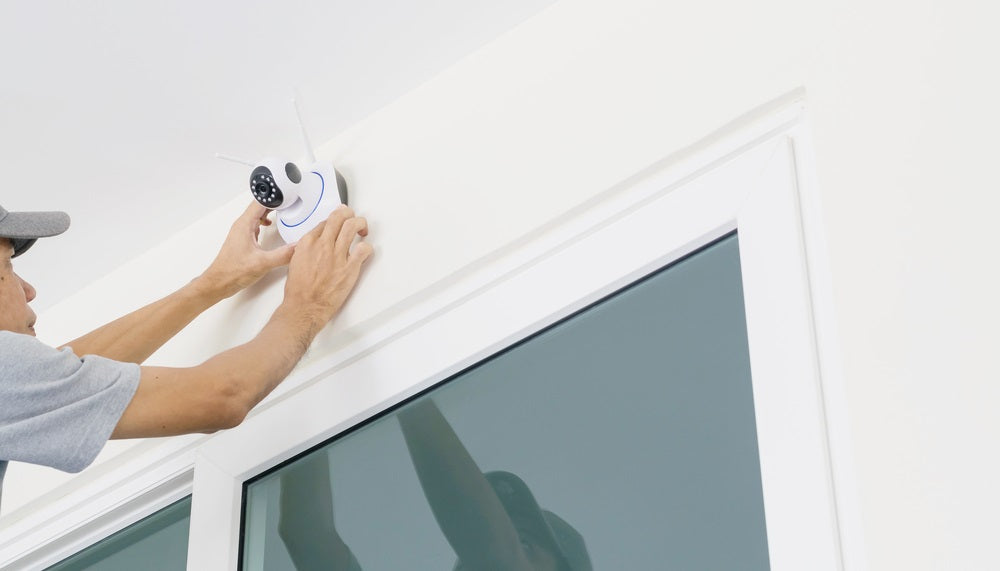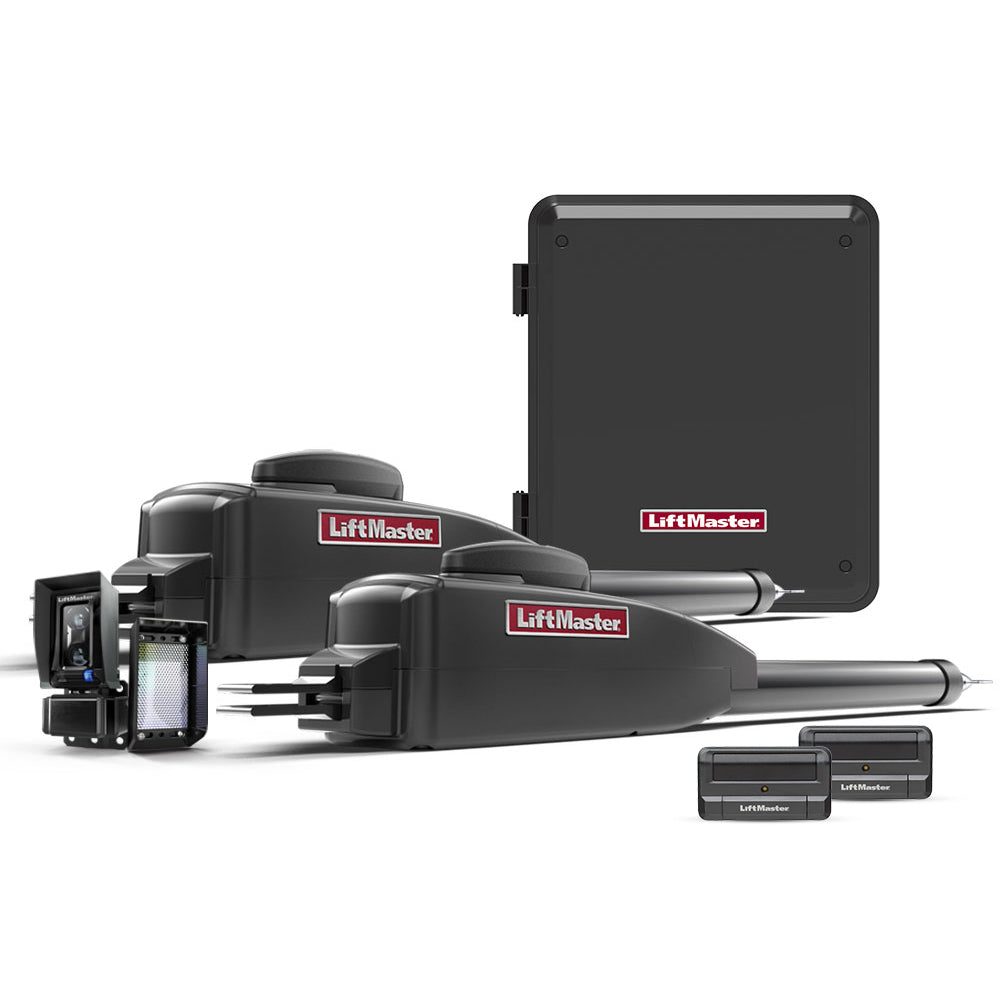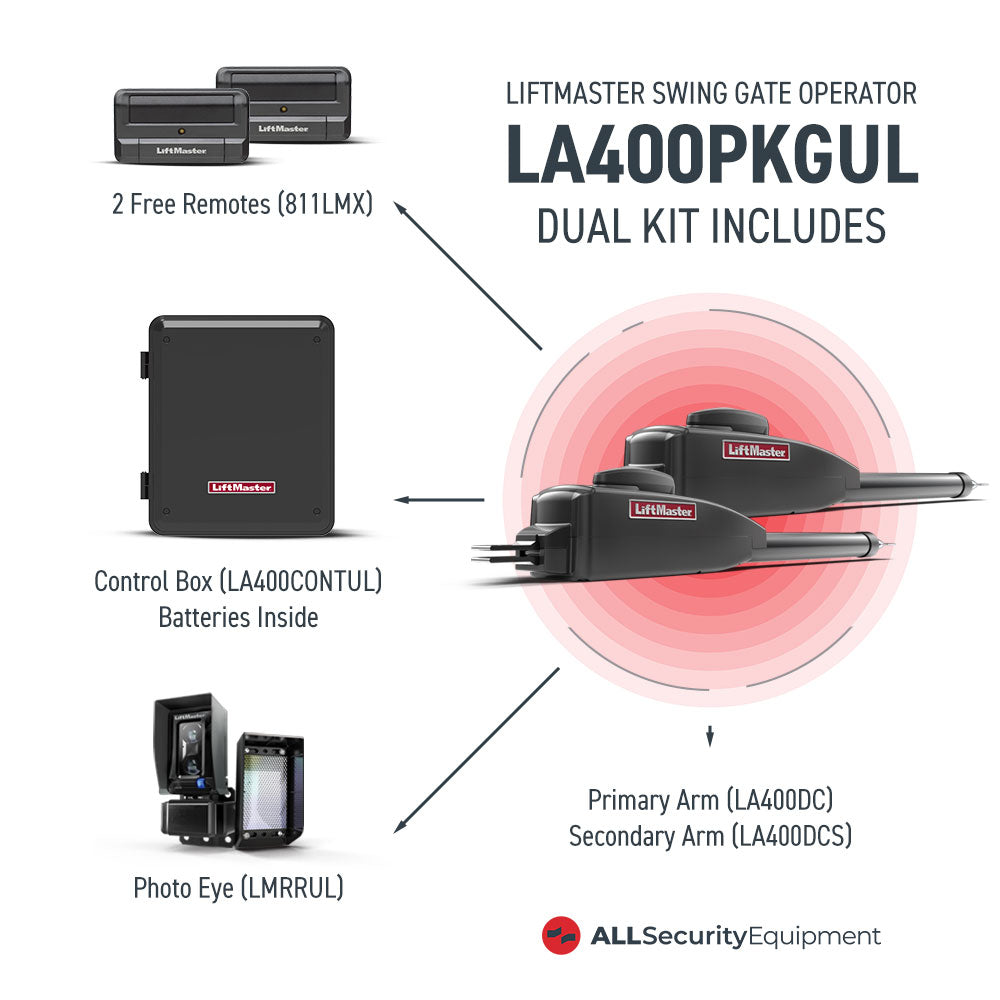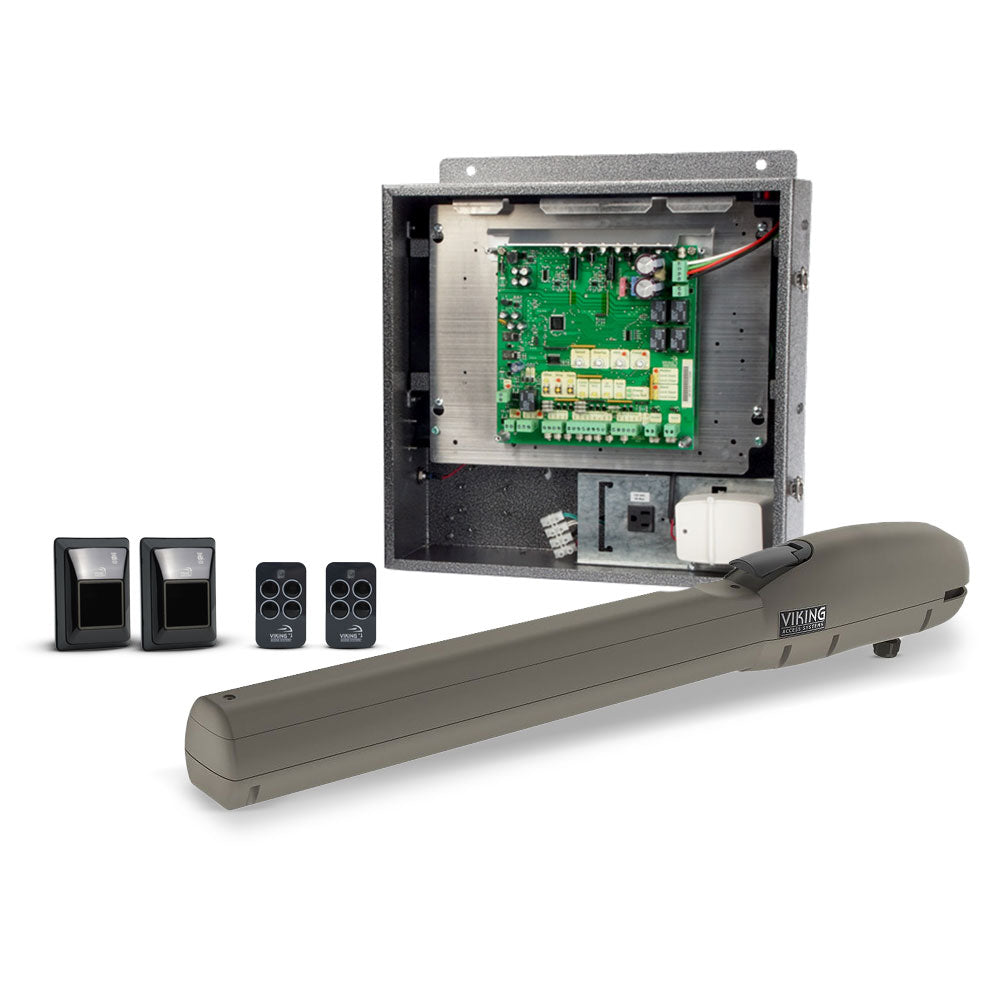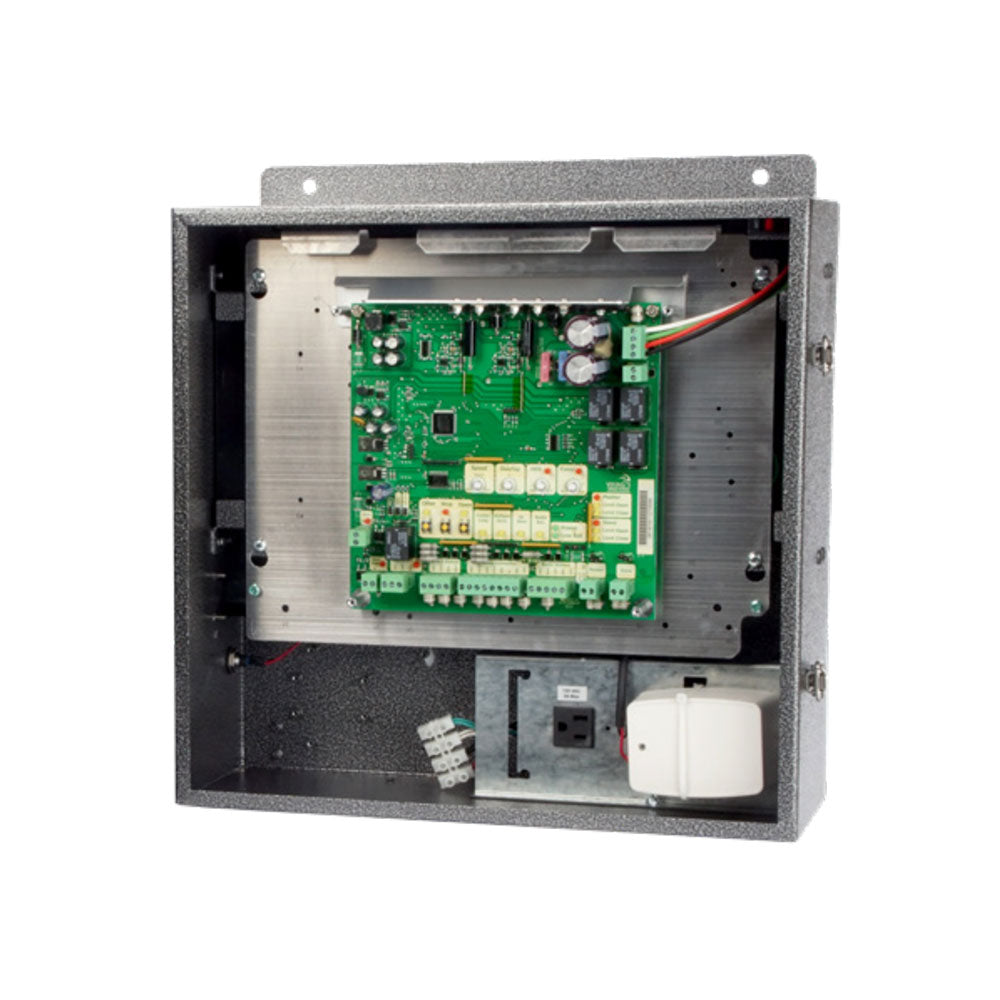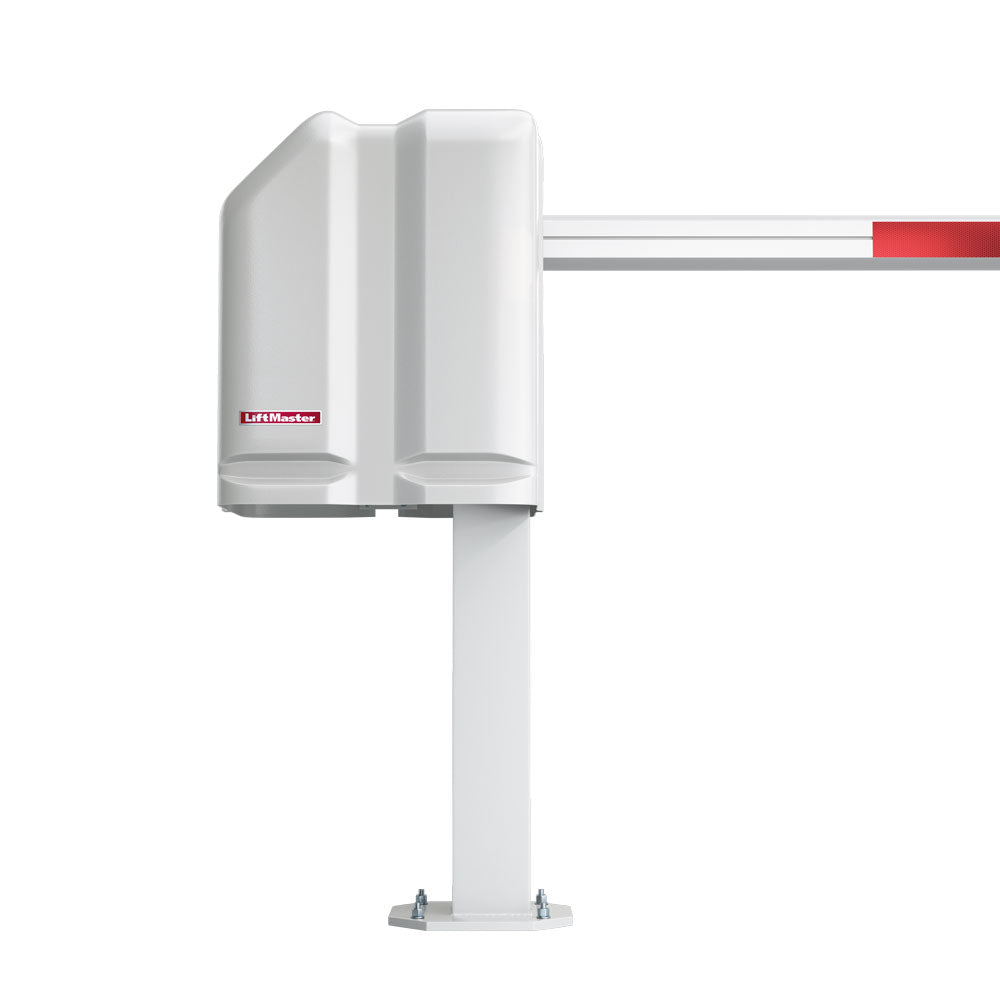There is no debate that IP camera systems have become popular for home and office security over most standard analog CCTV (closed-circuit television) camera systems.
However, when choosing a network camera system for your facility or home, you can choose between wired and wireless IP cameras. The question then is, what type of IP camera should you choose for your home or facility?
In this article, we discuss IP cameras in general and highlight the pros and cons of wired and wireless IP cameras to help you determine which is best for your use.
Understanding IP Cameras
IP (Internet Protocol) cameras are security cameras that connect via an IP network to transmit footage to the network video recorder. IP cameras typically connect wirelessly or via Ethernet and USB cables to transmit security footage to the required device, like a phone, computer, or any other receiving device.
An IP camera is typically higher quality than a standard CCTV camera, offering extra features, night vision, and smart home synchronization. IP cameras are offered in wired and wireless variants by popular manufacturers like Bolide and UNV to suit the needs and layout of your home or facility.
Highlights of Wireless IP Cameras
Wireless IP Cameras are security cameras that connect to your local network via Wi-Fi or other wireless protocols.
They are typically easier to install, and their flexibility allows them to be used in more remote parts of a building. Below are some of the highlights of a wireless security camera:
Ease of Installation
Since wireless IP cameras do not require complex wiring and other accessories, they are typically easier and faster to install.
This is one of the reasons they are a popular choice of security cameras for DIY enthusiasts and homeowners needing security surveillance with minimal technical expertise. All you need is to ensure you have a strong Wi-Fi signal and good Wi-Fi range.
Flexibility of Location
Another major feature that wireless IP security cameras offer is their ability to be set up in remote locations where complex wiring would typically not be possible.
This makes them a flexible option for people who need security cameras in obscure locations for enhanced monitoring and surveillance. As long as your Wi-Fi range is available in the installation area, your wireless IP security camera is ready to go.
Remote Access
Accessing security footage remotely from anywhere in the world is perhaps one of the biggest advantages of picking a wireless camera, as this means you can always keep an eye on what matters the most to you, even when you are away.
You usually connect from a mobile app or browser using an internet connection. Wireless network cameras integrate seamlessly with perimeter access control kits.
Highlights of a Wired Security Camera
Wired IP cameras are typically security cameras that connect to a network video recorder via coaxial (designed to block interference) CAT 5 or CAT 6 network cable for video footage transmission and storage.
Due to the connection mode, a wired camera typically requires more technical know-how to install effectively. Wired network cameras provide a reliable connection and footage transmission due to the connection mode.
Reliability and Stability
One thing that wired IP cameras have always had over their wireless variants is their ability to provide reliable surveillance all day, every day, without the interruptions typically caused by wireless interference.
Wired IP security cameras are reliable in highly secured areas like military bases and manufacturing plants.
Zero-Battery Concerns
Wired security cameras usually receive their power directly from power outlets or, in many cases, through an Ethernet cable that connects to the central hub, known as a Power over Internet (POE) cable.
The Bolide 4-channel with 4-Port POE is a popular choice for homeowners in need of a hub for a wired IP camera system.
High-Quality Footage
Most wireless IP security cameras typically compress videos using the H.265 or H.264 compression standard to save space and reduce the strain on the wireless network used to transmit video clips.
Wired IP cameras do not have this limitation and can, therefore, record and store video footage at high fidelity. Wire network cameras are suitable for recording footage in facilities that need high video quality with a detailed analysis of events, people, and items on camera.
The Drawbacks of Wireless IP Cameras
Requires Wi-Fi to work
Since wireless security cameras rely on Wi-Fi to work, your security becomes vulnerable in case of a wireless interference or network issue. This could mean your security surveillance system becomes useless until the connection returns.
Limited Battery Life
Most wireless IP cameras require you to change their batteries periodically or charge the battery, in the case of those with rechargeable batteries. This usually counts as maintenance for wireless network cameras.
Not Recommended for Use in Temporary Spaces
If you require security surveillance for a temporary space, a wireless IP camera system is the better option, as it allows for quick installation and flexible location placement.
Drawbacks of Wired IP Cameras
Complex Wiring Is Required
Installing wired security cameras can get very complicated, especially if you are retrofitting an existing building or trying to integrate a new wired camera system with an old wired network camera system.
We advise that you always seek the help of professional security camera experts when installing a wired network camera system.
DIY Is Typically Harder
While you can try to perform a DIY installation with your wired IP surveillance camera, we strongly advise against it. The installation can get complicated quickly, and you might spend more money hiring an expert installer.
Factors to Consider When Choosing an IP Camera System
Now you have a general understanding of the pros and cons of a wired and wireless IP security camera system, let’s highlight a few things you should consider when choosing a security camera system.
Security Needs
Your level of security requirement should help determine what type of IP camera you choose. Wired IP cameras are the best for applications where reliability and high-security alertness are critical.
Wireless IP cameras are the better choice for those who need a flexible setup that is just as reliable and requires minimal installation effort.
Location
Wireless IP security cameras are the go-to option for people who need to install cameras in hard-to-reach locations and cover a large expanse without spending too much on wired connections.
A wired network camera might be better for permanent sites with stable infrastructure and easy-to-reach locations.
Budget
Wireless IP cameras are typically cheaper to install than wired IP cameras.
Motivation for Choosing an IP Camera Type
So, here is the verdict on choosing between a wired vs wireless security camera system:
Wireless Camera: Choose this option for ease of installation, flexibility, remote access, and moderate security needs.
Wired Camera: Choose this for areas with high-security surveillance needs, and reliability and network stability are just as paramount as footage quality. Ensure that you can afford the installation process.
Depending on your needs, there are wired and wireless IP cameras that work well for homes.
Buy the Best IP Cameras from a Reliable and Trusted Source
At All Security Equipment, we sell and help install the best wired and wireless IP Camera systems in the United States. Our catalog of security cameras, gate openers, latches, and more are of the highest quality and offer the best security for your property. Contact us today to inquire.

